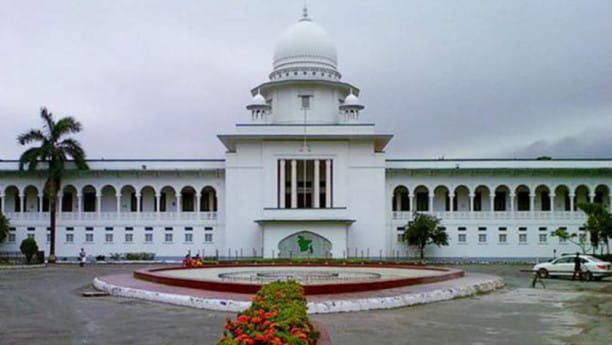‘Judges should disclose wealth every 3 years’

The Judiciary Reform Commission has proposed 11 recommendations, including a provision requiring judges of the Supreme Court, lower courts, and their officials to mandatorily disclose their wealth statements every three years to ensure transparency and prevent corruption in the judiciary.
The commission handed over its 351-page final report to the chief adviser on February 5.
The reform body, led by Justice Shah Abu Nayeem Mominur Rahman, recommended that the property details of supporting officers and employees of the SC and subordinate courts be published on the websites of the SC and district courts every three years.
It proposed the installation of complaint boxes at the SC against its judges to the Supreme Judicial Council. It also recommended providing dedicated email addresses for the public to file complaints electronically.
Additionally, the commission suggested forming a three-member primary committee, consisting of SC judges, to investigate corruption allegations against judges in subordinate courts.
It has suggested similar complaint boxes and e-mail addresses for officers and employees of all the courts.
The committee will examine the received allegations every three months and take a decision in this regard.
It also advised introducing a grievance redress system to prevent corruption in the judiciary.
The reform commission identified several factors contributing to corruption and irregularities in the judiciary. They include a lack of accountability among judges, lawyers, court staff, legal assistants, police, and investigation officers.
It noted the irresponsibility of employees in maintaining accessible cause lists for lawyers and litigants, the absence of an information centre to provide services within court premises, and insufficient use of daily working hours by relevant stakeholders.
Additionally, it pointed out the lack of citizen charters or certificates displayed in various court offices, the Bangladesh Bar Council's failure to promote transparency among lawyers, inadequate oversight of state lawyers, deficiencies in the supervision system for employees, and absence of a grievance redressal mechanism or complaint boxes.




 For all latest news, follow The Daily Star's Google News channel.
For all latest news, follow The Daily Star's Google News channel.
Comments